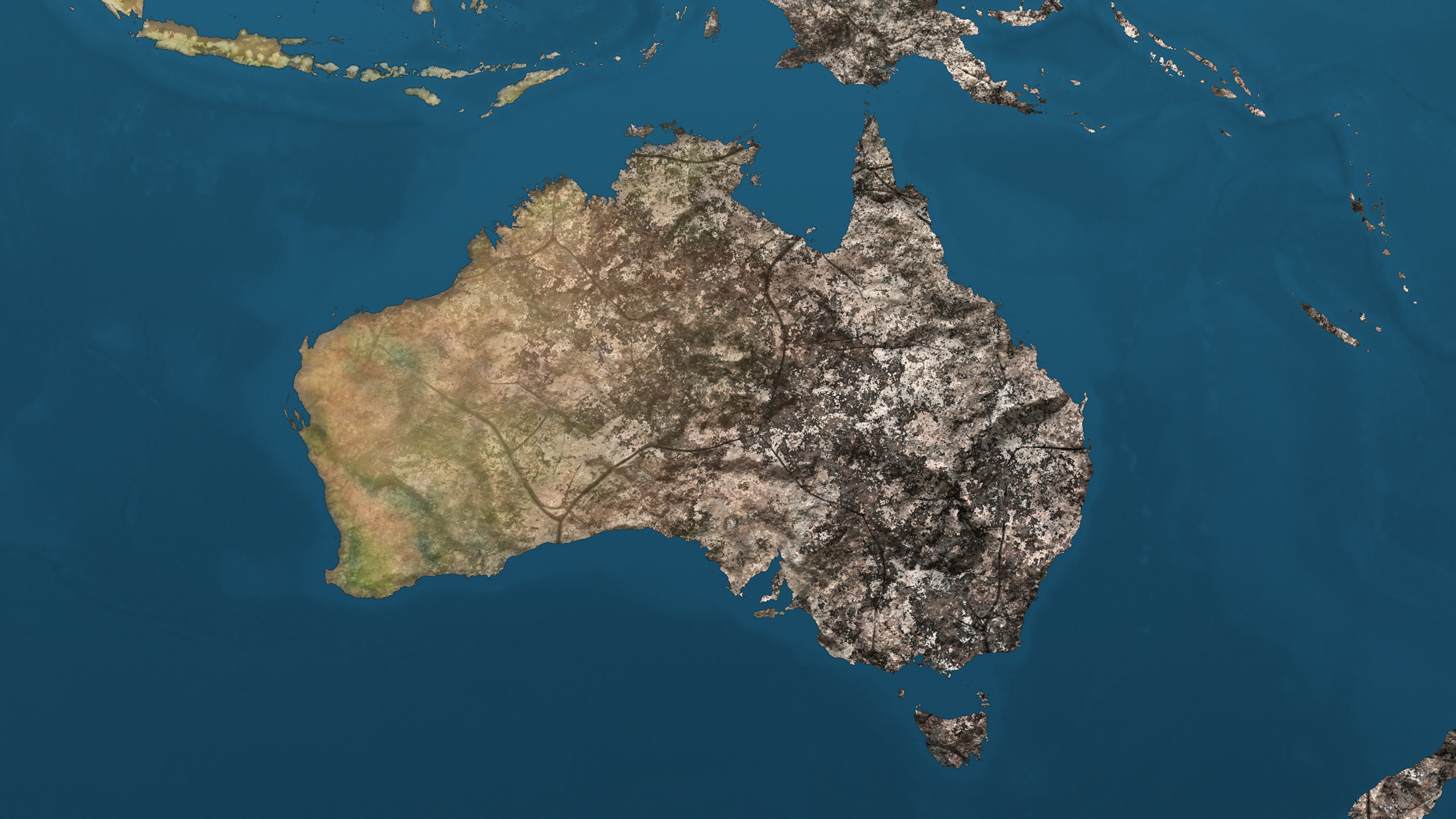In January 2014 paralysing heat wave struck Melbourne, and rural Victoria state, Ambulance Victoria, the pre-hospital emergency could barely keep up w
In January 2014 paralysing heat wave struck Melbourne, and rural Victoria state, Ambulance Victoria, the pre-hospital emergency could barely keep up with demand. Heat-related diseases in the metro area spiked five times above normal levels, so emergency dispatches were up to 25 percent above average.
When temperatures dropped, after the hottest four-day span in the history of Victoria, the state government predicted a further 167 deaths as a result of the heatwave. These were conservative figures, as is reasonable to assume.

Warmer Australia, hello!
Heat waves are hotter and longer than any in history because of an increase in average temperature across the continent over the past half-century. This is causing a high rate of symptoms including dehydration, heat exhaustion, and heatstroke, and worsening existing health conditions which may all lead to serious conditions like heart disease, and potentially even acute kidney injury. Elderly and children are at the highest risk. Not only human health is in danger but also small, and large businesses are alike under threat.
Climate change is not hitting only Australia, but a unique set of challenges there are present. Basic health and government services that we depend on are barely keeping up problematic climate change. The United Kingdom government’s 2017 national Climate Change Risk Assessment set some “high-risk” priorities: the infrastructure damage and health impacts anticipated from flooding and coastal erosion; and of course, the effect of rising temperatures on the public’s health.
Many world leaders have reacted and woken up to these threats. Even as the USA, worlds largest emitter, pulled out of the Paris Agreement, other powerhouses have ushered their commitments to accelerate climate change mitigation. The UK representatives pledged to phase out coal-fired power by 2025 last year, and they are on the way to do it.
Australia is failing at fast action on the reduction of climate warming pollutants and better preparing the health community to deal with its consequences. Contrary, the federal government have strengthened its ties and investments in the coal industry, letting health and medical community to stay behind in addressing climate change and health.
The turning point happened a few days ago. A new Core for a National Strategy on Climate, Health, and Well-being for the country was made by a country’s leading health experts, and organisations joined with federal parliamentarians, which is a big step forward.
The Framework gives a guide to help policymakers and health authorities to get ready for the real and immediate dangers that climate change poses to public health.Our health is harmed by the burning of fossil fuels all over the world. Short term consequences are dirty air which prevents child’s lungs from developing fully and contributes to stroke and heart attack later in life. At biggest risk are the most vulnerable and least prepared in the community from climate change.
The government must turn these papers into tangible actions! Australians will be ready when the next heat wave comes if policy makers tap into the extensive expertise of the health community.




COMMENTS